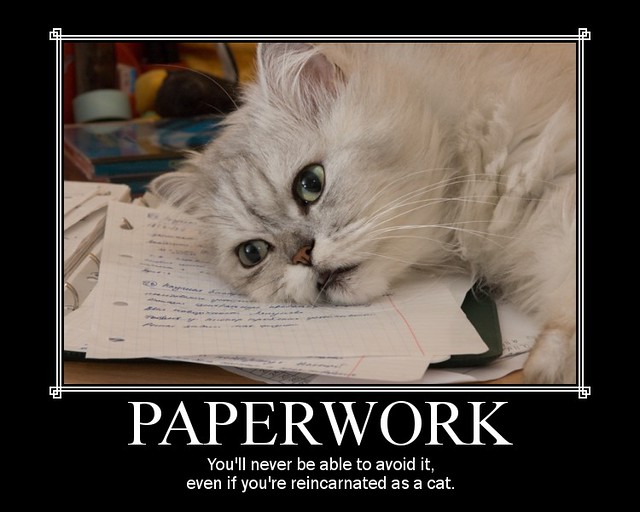 |
| Img Credit: http://colecciondegifs.blogspot.com.es/2016/08/imagenes-de-plants-vs-zombies.html |
I searched my blog posts today for keyword "zombies", and to my horror, no results were found.
How could I have never written about zombies?! So here it is - the zombie post.
But first: How do I approach writing the educational equivalent of zombies? Well, how do we define zombies? Usually traveling slowly (You hear me, World War Z? Slowly!) in hordes, zombies are the undead walking the earth with a singular hunger for human flesh. Usually, we associate their hunger with brains. Generally, we believe them to be slow moving, never changing, and unwilling to listen to reason when it comes to the previously mentioned hunger for human flesh.
There's a metaphor in here somewhere.
Option 1:
Zombies are like those teachers of old, who think that rows are where the learnin' is. They like paper worksheets, and they know the information, so they firmly believe they are the best ones to sling that knowledge to the students!
Option 2:
The zombies are the children! They come to us each day, exhausted from the endless barrage of things that barrage children - play dates, sports, enrichment classes (if they're lucky), or neglect, empty bellies, and poor sleep patterns (if they're not). They can barely hold a pencil or an eyelid open in their exhaustion. Don't get me started on the coast-to-coast televising of every sporting event in the country. East coast teens are not going to bed until the last whistle blows in Portland at the Trailblazer game on a Tuesday night. How are we to prevent this horde-building energy drain? It's basically the origin story for zombies in general.
Option 3:
The zombies are the early adopters. They have heard of a cool new thing that's going to change the way learning is done! They go after it immediately, put in their class right away, and chastise you for not doing the same. And get ready - there's a cool new way to teach without any books and without talking to your classes and without desks and without paper and without a school and without students and all you need is an Chromebook and the right suite of apps and the ability to write your own lines of code and you're good to go, and these early adopter zombies shout about how amazing it is and how much better it will be when we don't recognize a school anymore but then that's all they'll say, and it's like you can hear them hording up and saying, "Braaaaiiiiinnnnssss. Braaaaaiiiins."
So I think all these metaphors are apt. I like the notion of zombies. I like to think that zombies are simply the most robotic parts of ourselves and that part is in there somewhere in us and sometimes we are all capable of just going on autopilot. Sometimes we're the zombies because we know what to do, we know how to do it, and it just falls on us to execute a simple task that requires no new, critical thinking. But if we're going to really evaluate this metaphor, we need to be willing to have hard conversations with where and when we go on autopilot. Be honest with yourself. Are you just out there trying to get brains? Fill brains? Make brains grow? Or are you willing to legitimately challenge yours?
***********************
Thoughts, come share at #totallyrossome, which can be found on Tuesday evenings at 9:00 PM Eastern.






